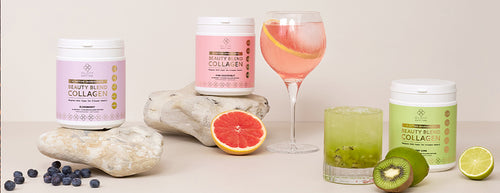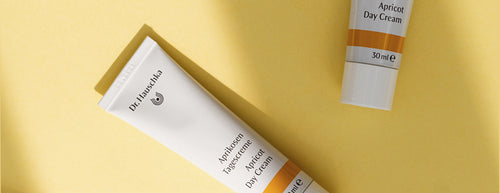What is a nootropic?
Nootropics are substances associated with the ability to boost a person’s cognitive functions. Cognitive tasks such as executive functions (cognitive processes that control behaviour), memory, creativity and alertness can all be influenced through the supplementation of nootropic materials.
The film ‘Limitless’ is based on the premise of a powerful nootropic that elevates brain function, and if you have ever set foot onto a university campus you may have heard of substances such as Modafinil or Adderall, which students will take in order to help them focus for long periods of time. In fact, nearly every person worldwide will consume nootropics during their lifetime in the form of caffeine, which is abundant in drinks such as coffee, tea and energy drinks.
Caffeine
Due to their capacity to improve brain function and athletic abilties, it is unsurprising that the use of nootropics in sporting endeavours is becoming increasingly common. Caffeine is the most widely administered nootropic and performance enhancing drug (PED) due to its many associated benefits. There is a large body of evidence which indicates moderate to high intakes of caffeine (3mg-6mg/kg bodyweight) can have significant performance benefits across a range of sports such as endurance events (long distance running/cycling), team and racket sports and long lasting high intensity events (i.e. CrossFit/sprint cycling) (Burke, 2008). There is also data suggesting that acute power output can be enhanced through caffeine supplementation such as a 100m sprint or a max effort vertical jump (Grgic, Trexler, Lazinica and Pedisic, 2018).
Nootropics & mental performance
But what about sports that rely more heavily on mental performance; perhaps sports that depend on clarity of thought or rapid information processing? Sports such as BMX Biking, skiing and climbing all place athletes under huge amounts of stress and require lightning fast reactions and quick mental processing capabilities.When operating under these extreme stresses, where clear and definitive thought processes are paramount, nootropics are your best friends! Caffeine has been shown to promote mental performance (Burke, 2008) while substances such as Tyrosine can boost brain function, especially during high stress situations (Deijen and Orlebeke, 1994). Zinc and Iodine supplement overall brain health and focus, while Panax Ginseng and antioxidant nootropics can also help athletes manage post activity stress and anxiety levels (Rai, Bhatia, Sen and Palit, 2003). Lions mane has also been shown to improve overall cognitive health (Sabaratnam, Kah-Hui, Naidu and David, 2013). While the latter substances will not offer immediate direct performance benefits, the athlete can attain improvements in performance through subsequent improved recovery and sleep quality showcasing how nootropics can aid overall holistic health and wellbeing.
The verdict
Nootropics are an emerging field in the realm of sport performance and holistic wellbeing. They can offer athletes a competitive physical and mental edge through improved athletic and cognitive performance. Additionally, they provide health benefits in the form of improved overall brain and bodily function and stress management.
Xite Energy Drinks contains powerful nootropics to help you focus. These tasty and refreshing brain boosting drinks contain zero sugar, natural caffeine & flavours and no preservatives. Available in Raspberry & Watermelon flavour and Peach & Passionfruit flavour.
Bibliography
- Burke, L., 2008. Caffeine and sports performance. Applied Physiology, Nutrition, and Metabolism, 33(6), pp.1319-1334.
- Deijen, J. and Orlebeke, J., 1994. Effect of tyrosine on cognitive function and blood pressure under stress. Brain Research Bulletin, 33(3), pp.319-323.
- Grgic, J., Trexler, E., Lazinica, B. and Pedisic, Z., 2018. Effects of caffeine intake on muscle strength and power: a systematic review and meta-analysis. Journal of the International Society of Sports Nutrition, 15(1).
- Rai, D., Bhatia, G., Sen, T. and Palit, G., 2003. Anti-stress Effects of Ginkgo biloba and Panax ginseng: a Comparative Study. Journal of Pharmacological Sciences, 93(4), pp.458-464.
- Sabaratnam, V., Kah-Hui, W., Naidu, M. and David, P., 2013. Neuronal Health – Can Culinary and Medicinal Mushrooms Help?. Journal of Traditional and Complementary Medicine, 3(1), pp.62-68.













